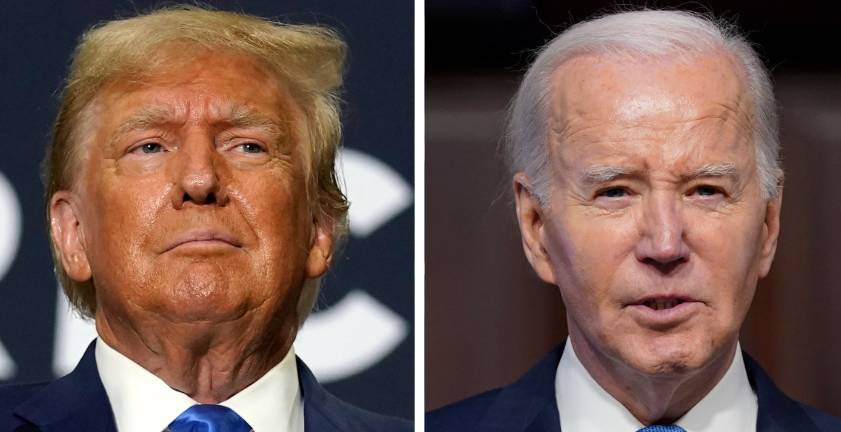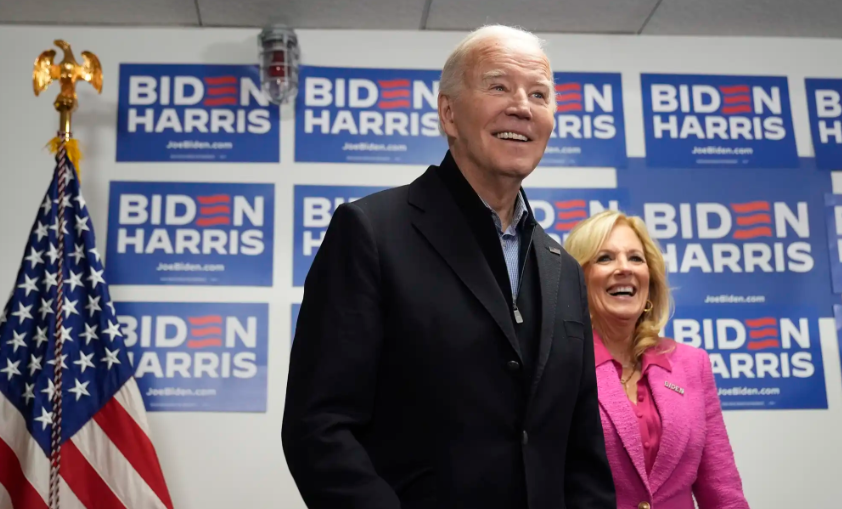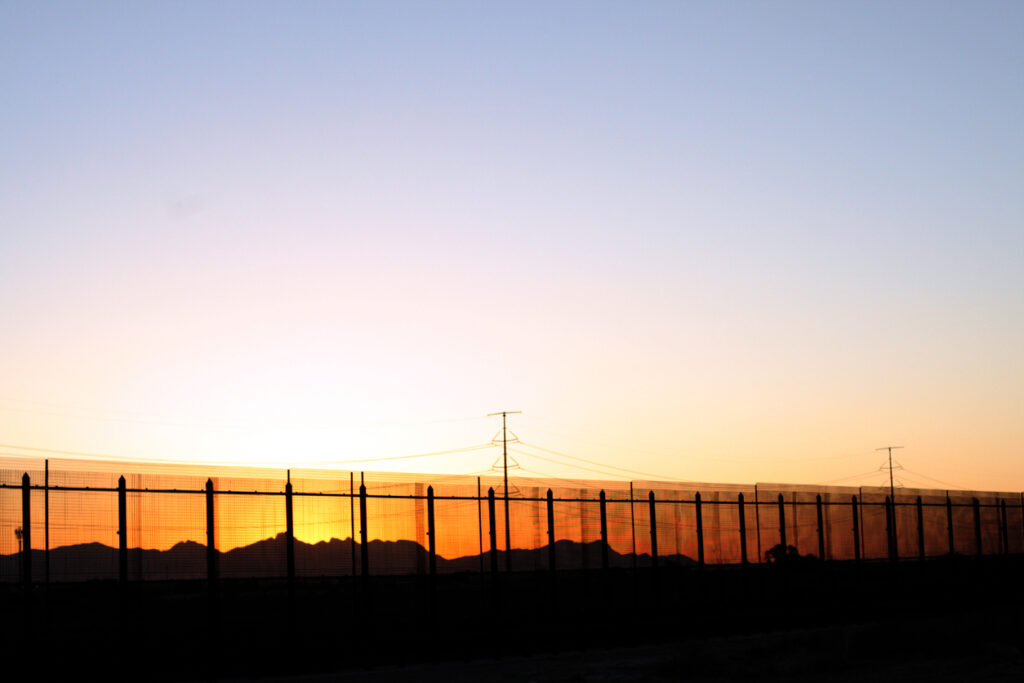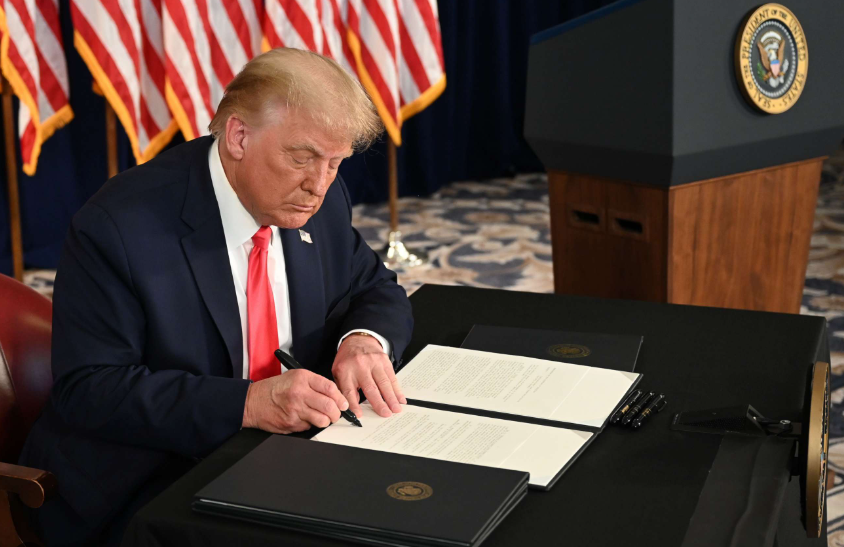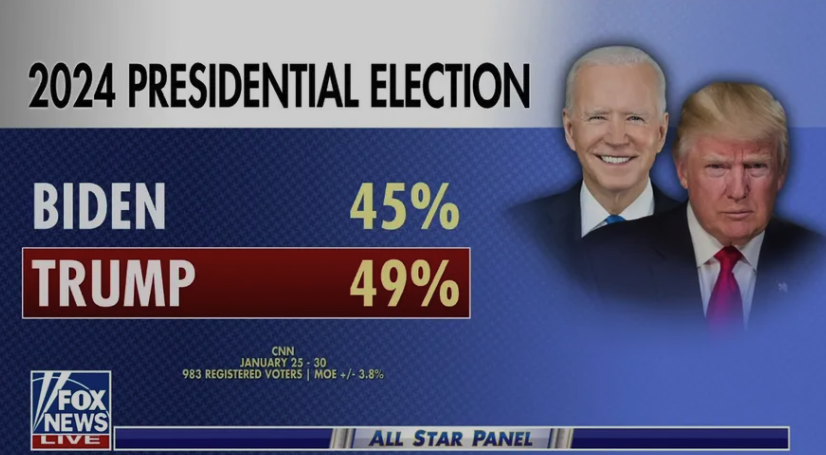
In recent times, school districts nationwide have found themselves at a pivotal crossroads, navigating the delicate balance between maintaining order and fostering an inclusive, nurturing learning environment. Amid this quest, an unexpected revelation has emerged, shedding light on a fundamental truth that seems to have been momentarily forgotten: discipline, when administered judanely, is not merely a relic of the past but an indispensable pillar of any thriving educational system.
In Milwaukee Public Schools, among others, the uptick in suspension rates, especially among African-American students, has sparked heated discussions. Critics decry this trend as a regression, fearing a slide back into authoritarian practices. Yet, a closer examination reveals a more nuanced reality — a collective recognition that the pendulum, perhaps, had swung too far in the opposite direction.
The last decade witnessed a fervent embrace of alternative disciplinary approaches, such as restorative justice and positive behavior interventions. The rationale was noble: to address underlying issues behind misbehavior and mitigate disparities in disciplinary actions across racial lines. However, this well-intentioned shift brought unintended consequences, as teachers and students alike grappled with rising chaos and disrupted learning environments.
The parallel drawn between this educational phenomenon and broader societal debates over policing is particularly illuminating. The call to “defund the police,” mirroring the push against traditional school discipline, ultimately faltered amid rising crime rates, illustrating a universal truth about human behavior’s responsiveness to boundaries and consequences.
But let’s be clear: advocating for discipline does not entail a blanket endorsement of punitive measures. Instead, it underscores the necessity of a balanced approach, one that recognizes the complexities of student behavior while safeguarding the educational experience for all. Discipline, in its most constructive form, is not about punishment but about setting clear expectations and providing a stable framework within which every student can thrive.
The experiences shared by educators, who have witnessed firsthand the erosion of classroom order and the consequent exodus of dedicated teachers, are particularly poignant. They remind us that the stakes are high, not just for those directly involved in disruptive incidents, but for every student whose right to a safe and productive learning environment is compromised.
The emerging shift towards reinforcing discipline codes and empowering teachers marks a promising development. Places like Las Vegas and Florida are at the forefront of this movement, recognizing the essential role of discipline in fostering academic success and mutual respect within the school community.
This is not a call to revert to outdated models of discipline that fail to account for the individual needs and circumstances of students. Rather, it is an acknowledgment that structure and consistency are foundational to any educational endeavor. By supporting teachers and administrators in their efforts to uphold these principles, we advocate for a system that truly serves the best interests of all its students.
The journey towards balancing discipline and compassion in education is complex and ongoing. Yet, the resurgence of common-sense disciplinary policies offers a beacon of hope, signaling a return to environments where learning can flourish, unimpeded by the chaos of unchecked misbehavior. In the end, the goal remains unwavering: to equip every student with the knowledge, skills, and character to succeed in life, a mission that begins with the restoration of discipline in our schools.
